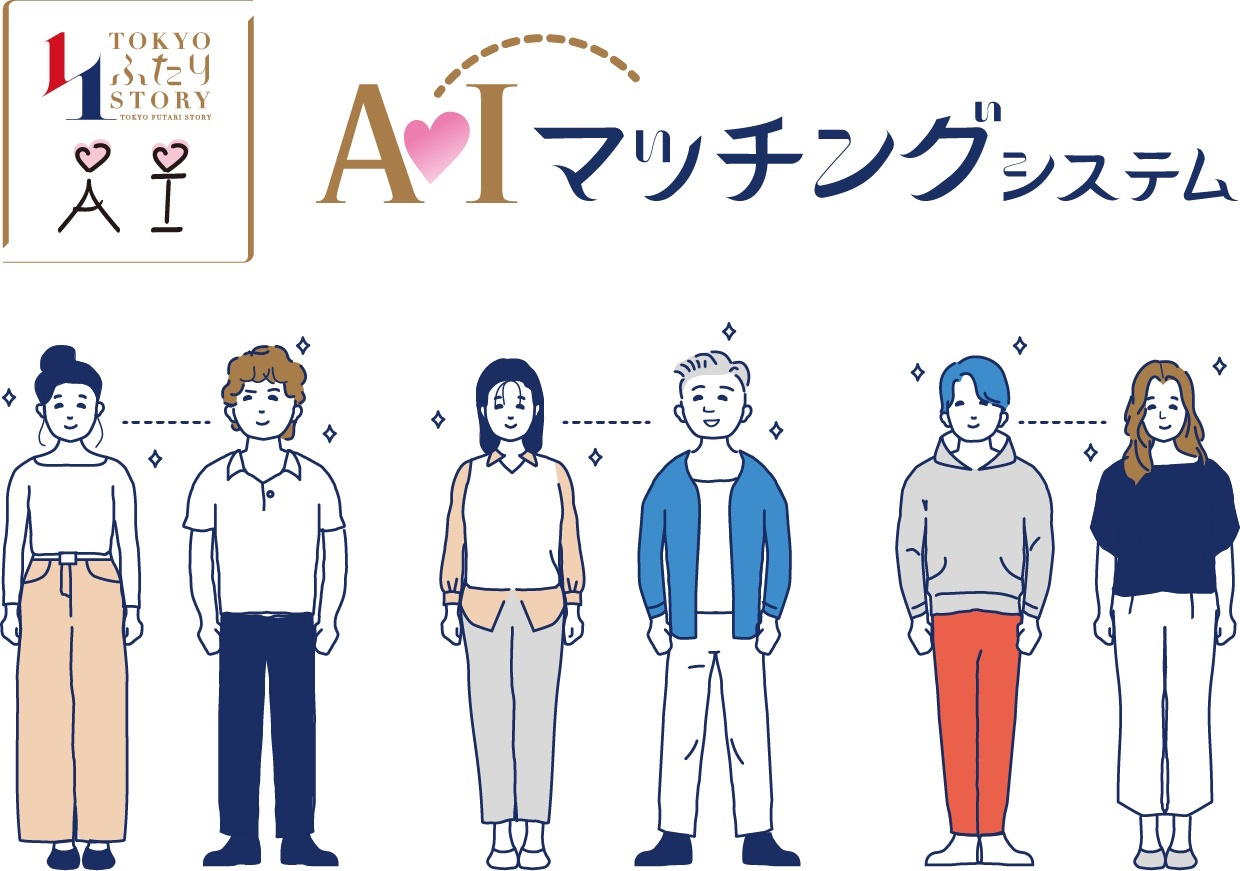As dating apps become more common in Japan, they’re not just facilitating romance – they’re also fueling a new wave of legal battles. Several recent lawsuits have drawn national attention to a growing issue: individuals, often men, using dating platforms to conceal their marital status and engage in extramarital relationships.
One notable case saw a woman win damages from a man who hid the fact that he was married. In another, a man falsely claiming to be a single pilot was ordered to pay compensation after a court found his deception caused emotional distress and lost life opportunities for the woman he dated.
This trend coincides with a broader shift in how Japanese people meet partners. According to the Children and Families Agency, over a quarter of couples now report meeting through dating apps. That shift has been encouraged by government-backed initiatives aiming to reverse Japan’s declining birth rate by making matchmaking more accessible. However, with the rise in app usage has come a dramatic spike in complaints – up from 80 in 2019 to over 800 annually in 2024, according to the Tokyo Consumer Affairs Center.
In response, some dating services are beginning to implement identity and marital status verification. Tokyo’s official app, “Tokyo Futari Story,” requires users to submit documentation proving they are single. Tapple recently became the first major private dating app to introduce a similar feature, offering users a badge once they verify their status using their national ID. Some apps, like Tinder, have also gone for biometric systems that are meant to make faking your identity significantly harder.
While challenges like identity theft remain, surveys suggest widespread public support for stricter verification measures—underscoring a growing demand for greater accountability in the online dating landscape.





















![4 AI-Powered Moderation Strategies for Dating Platforms [+ Checklist]](http://www.clitber.com/uploads/2025/0908/23f8080a41f7ba2f4af5ccf5970e5e34.jpg)



